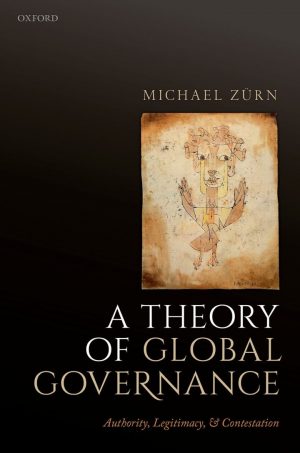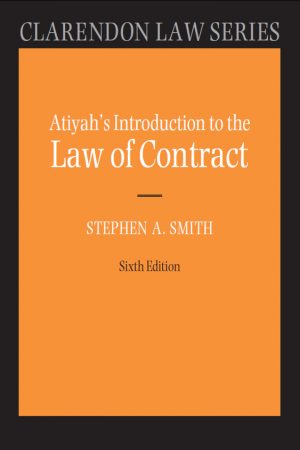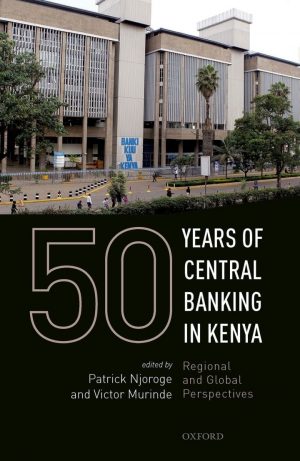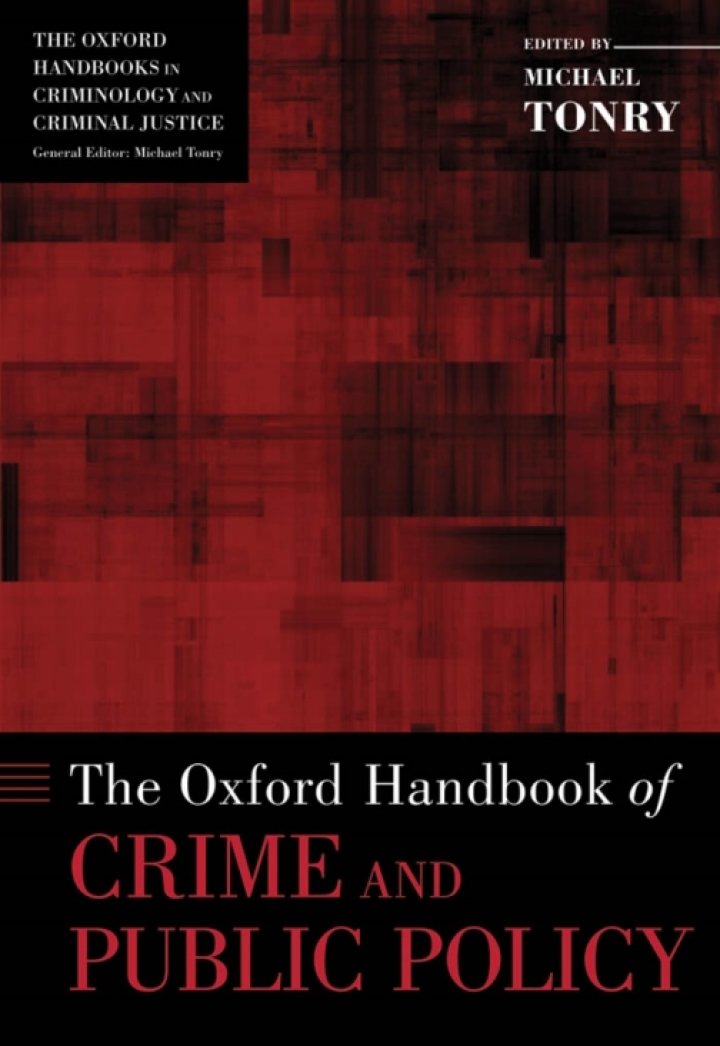The Oxford Handbook of Crime and Public Policy 1st Edition
$19.50
Attention: This is just ebook, Access Codes or any other Supplements excluded! / File Delivery: Sent Via Email within 24 hours!
Description
-
Author(s)Michael Tonry
-
PublisherOxford University Press
-
FormatPDF
-
Print ISBN
9780199844654, 0199844658 -
eText ISBN
9780199844654, 0199844658 -
Edition1st
-
Copyright
- Details
Much of the scholarly literature and principal books on criminal justice and crime control policy take the operations of the criminal justice system, the causes of crime and delinquency, theories about crime and justice, and crime prevention as the central topics for study and policy analysis. But law enforcement and public officials create policy responses to specific crimes, not broad categories of offenses. In order to develop the most effective policies, one needs to understand why particular crimes occur and what approaches might best prevent them or minimize the harm they cause.Taking this fresh perspective, The Oxford Handbook of Crime and Public Policy offers a comprehensive examination of crimes as public policy subjects. Michael Tonry, a leading authority on criminology, has brought together the most distinguished active scholars in the field to present a wide-ranging overview and analysis of violent and sexual crimes, property crimes, transactional crimes, transnational crimes, and crimes against morality. The crimes investigated range from often-discussed offenses (homicide, auto theft, sexual violence) to those that only recently began to receive attention (child abuse, domestic violence, environmental crimes); it includes new crimes (identity theft, cybercrime) as well as age-old crimes (drug abuse, gambling, prostitution). Written in a straightforward and accessible manner, each chapter explains why crimes happen, how often, and what we know about efforts to prevent or control them.
Aimed at a wide audience of scholars, students, and policy makers, the Handbook is the definitive reference work on crimes and public policy responses to them.
Related products
-

Commercial Arbitration in Sweden 3rd Edition
Rated 0 out of 5$146.25 Add to cart -

A Theory of Global Governance Authority, Legitimacy, and Contestation
Rated 0 out of 5$12.35 Add to cart -

Atiyah’s Introduction to the Law of Contract 6th Edition
Rated 0 out of 5$30.88 Add to cart -

50 Years of Central Banking in Kenya
Rated 0 out of 5$40.62 Add to cart

